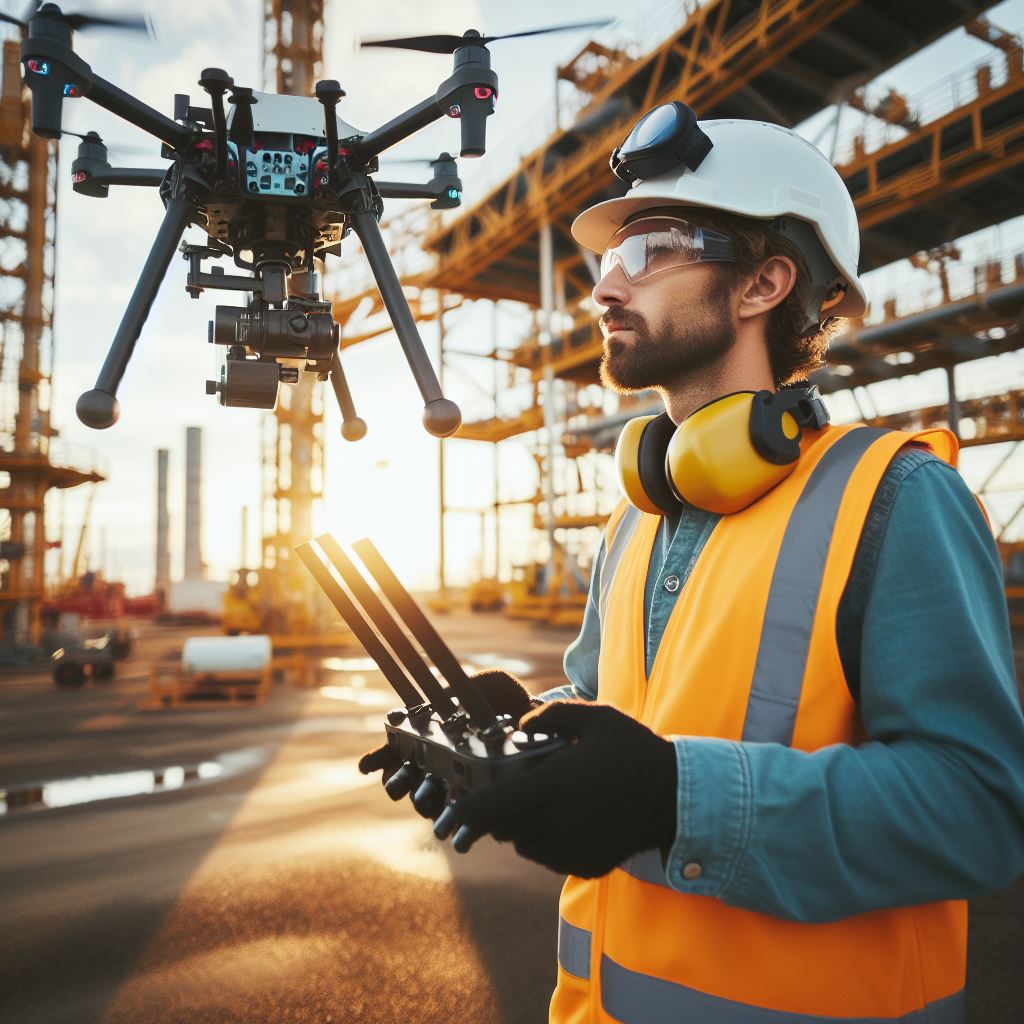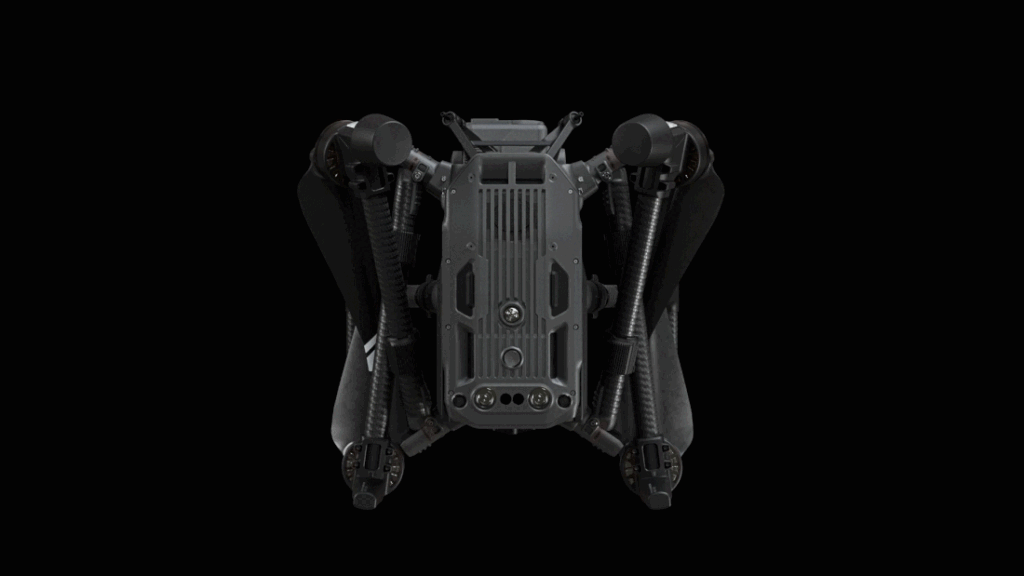
As drone technology continues to soar in popularity and application, entrepreneurs in Trinidad and Tobago are increasingly looking to leverage these innovative tools in their businesses. However, understanding and complying with drone regulations is crucial for legal and safe operations. This guide, brought to you by Bowen360 Solutions, aims to help entrepreneurs navigate the complex landscape of drone regulations in Trinidad and Tobago.
Overview of Drone Regulations in Trinidad and Tobago
Trinidad and Tobago has established regulations to govern the use of drones, also known as Unmanned Aerial Vehicles (UAVs) or Remotely Piloted Aircraft Systems (RPAS). These regulations are overseen by the Trinidad and Tobago Civil Aviation Authority (TTCAA).
Key aspects of the regulatory framework include:
- Registration requirements
- Operational limitations
- Pilot certification
- Privacy and safety considerations
Registration Requirements
All drones weighing more than 0.3 kg (0.66 lbs) must be registered with the TTCAA. Here’s what you need to know:
- Application Process: Submit a completed application form to the TTCAA
- Required Documents: Proof of ownership, identification, and drone specifications
- Registration Fee: A fee is applicable (check with TTCAA for current rates)
- Registration Renewal: Required annually
Operational Limitations

To ensure safety and privacy, the TTCAA has set the following operational limits:
- Maximum Altitude: 400 feet (121.92 meters) above ground level
- Distance from Airports: At least 5 km from any airport or heliport
- Visual Line of Sight: Drones must be kept within the operator’s visual line of sight
- No-Fly Zones: Restricted areas include government buildings, military facilities, and certain public spaces
- Time Restrictions: Daytime operations only, unless special permission is granted
Pilot Certification
For commercial drone operations, pilot certification is required:
- RPAS Pilot Permit: Obtained through a TTCAA-approved training program
- Theoretical Knowledge: Includes aviation regulations, meteorology, and navigation
- Practical Skills Test: Demonstrates competency in drone operation
- Medical Certificate: Class 3 medical certificate required for commercial operations
Privacy and Safety Considerations
Entrepreneurs must be mindful of privacy laws and safety regulations:
- Consent: Obtain permission before flying over private property
- Data Protection: Comply with data protection laws when collecting and storing imagery
- Safety First: Conduct pre-flight checks and risk assessments
- Insurance: Consider liability insurance for commercial drone operations
Commercial Use of Drones
For entrepreneurs looking to use drones for business purposes, additional requirements apply:
- RPAS Operator Certificate (ROC): Required for commercial drone operations
- Operations Manual: Detailing your company’s drone operations procedures
- Maintenance Program: Ensuring drones are kept in airworthy condition
- Flight Logs: Maintaining detailed records of all flights
Penalties for Non-Compliance
Failing to comply with drone regulations can result in severe penalties:
- Fines up to TT$500,000 (approximately US$74,000)
- Imprisonment for up to 5 years
- Seizure of drone equipment
Bowen360 Solutions: Your Partner in Regulatory Compliance
At Bowen360 Solutions, we understand the challenges of navigating drone regulations. We offer:
- Regulatory Consultations: Expert advice on compliance with TTCAA regulations
- Training Programs: TTCAA-approved courses for RPAS Pilot Permits
- Documentation Assistance: Help with preparing ROC applications and operations manuals
- Ongoing Support: Keeping you updated on regulatory changes and best practices
Steps for Entrepreneurs to Ensure Compliance
- Research: Familiarize yourself with TTCAA regulations
- Register: Complete drone registration with the TTCAA
- Train: Obtain necessary certifications for commercial operations
- Plan: Develop comprehensive operations and maintenance plans
- Insure: Secure appropriate insurance coverage
- Stay Informed: Keep up-to-date with regulatory changes
Future of Drone Regulations in Trinidad and Tobago
As the drone industry evolves, regulations are likely to adapt. Areas of potential future regulation include:
- Integration of drones into controlled airspace
- Regulations for autonomous drone operations
- Specific rules for various industries (e.g., agriculture, real estate)
Conclusion

Navigating drone regulations in Trinidad and Tobago may seem daunting, but it’s a crucial step for any entrepreneur looking to incorporate drone technology into their business. By understanding and complying with these regulations, you not only ensure legal operations but also contribute to the safe and responsible growth of the drone industry in our nation.
Bowen360 Solutions is committed to supporting entrepreneurs in their drone endeavors. From regulatory guidance to cutting-edge technology solutions, we’re here to help you elevate your business with drone technology, safely and legally.
Remember, compliance isn’t just about avoiding penalties—it’s about building a sustainable, responsible drone business that can thrive in the evolving landscape of Trinidad and Tobago’s tech sector.
Ready to launch your drone business in compliance with Trinidad and Tobago regulations? Contact Bowen360 Solutions today for expert guidance and support in navigating the regulatory landscape.
